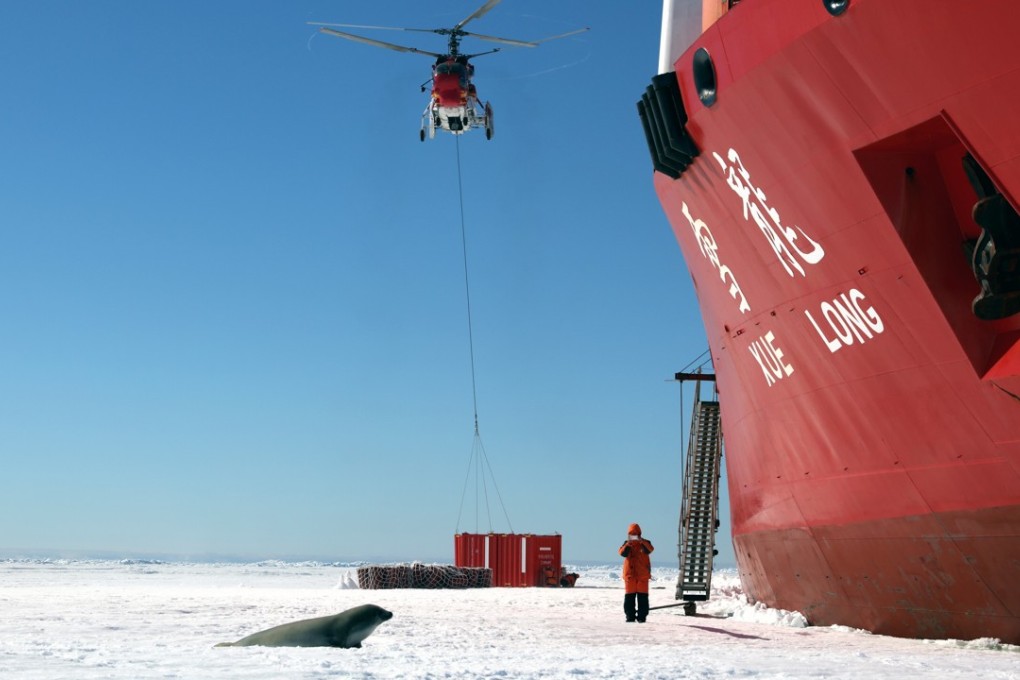On Reflection | How China’s Polar Silk Road can make Canada the next big Asian power
Ottawa has much to gain by forming closer ties to Beijing as China unveils its first Arctic Policy

When I worked on secondment in the Australian Department of the Prime Minister and Cabinet in Canberra over a decade ago, it was perfectly clear to Australian strategists that Australia was, for all practical purposes, “in” Asia this century – a vocation first commended to the Aussies by the late Australian wit Donald Horne in his canonical book The Lucky Country. By contrast, my distinguished colleagues in the Privy Council (Prime Minister’s) Office in Ottawa still had a largely continental mental map in respect to Canada’s strategic game. In the aftermath of 9/11, Canada’s top three international priorities were America, America and, lest there be any doubt, America.

And yet Whitehorse, the capital of beautiful Yukon (population 37,000 for a territory the size of France), in the north-west of Canada, is almost 1,000 kilometres (621 miles) closer to Beijing than is Brisbane, capital of Queensland, in Australia’s north-east. Vancouver is closer to China’s capital than is Sydney.
The century and a half China struggled to recover from the destabilisation and disruption caused by losing two Opium Wars coincides almost exactly with the modern history of the Canadian federation, which last year celebrated 150 years of peace, order and generally good government. This means that Canada has never really known – in any deep sense – China in its most modern, stable and organised form. Reciprocally, I often tell Chinese friends and colleagues that they mistakenly presume that Canada is somehow a “young” country – to which I always reply, to the shock of the Chinese, that Canada is “old” and China is “young”. How can this be? Canada is an old country (150 years), while modern China is a quite young (less than 70 years), even if Chinese civilisation is manifestly ancient.
